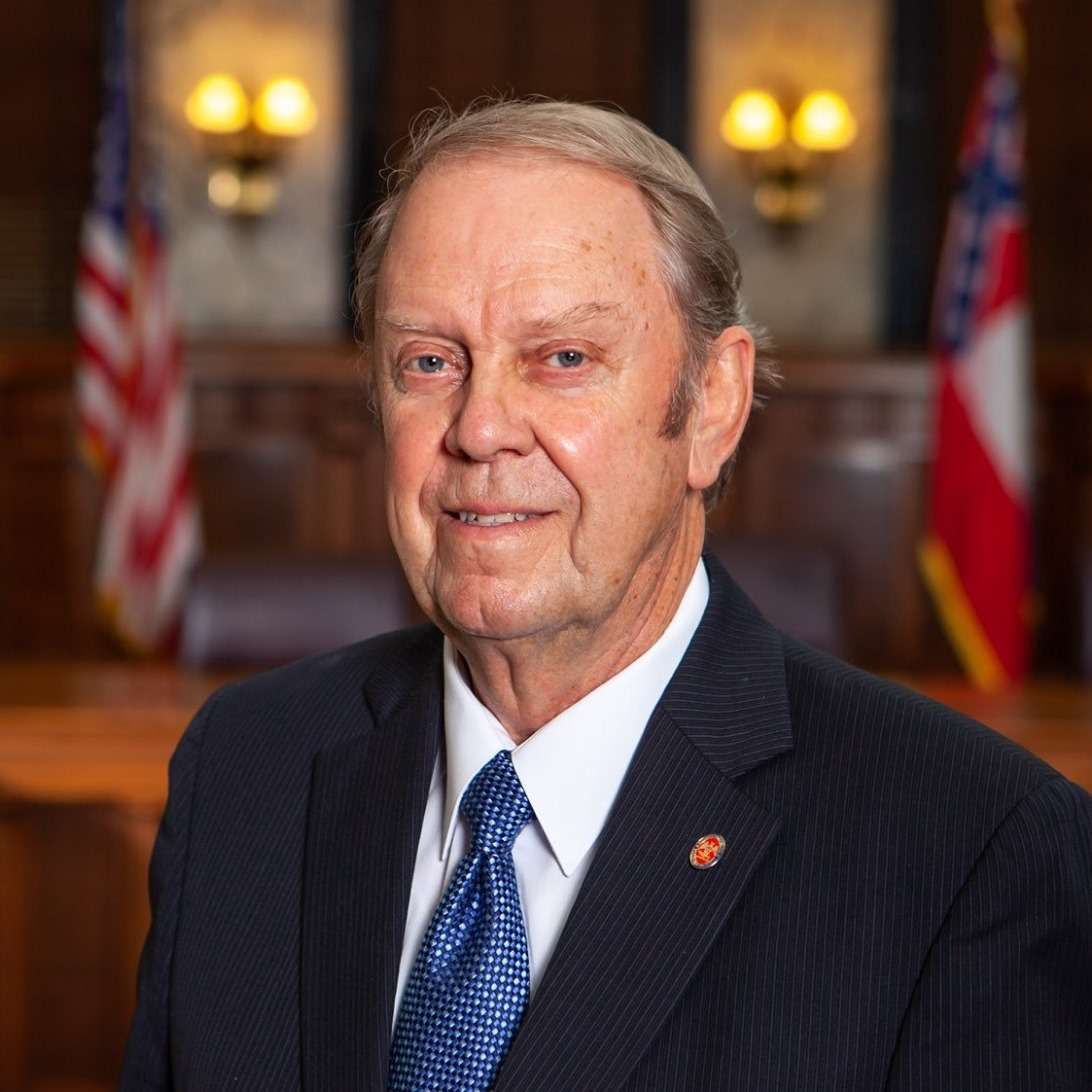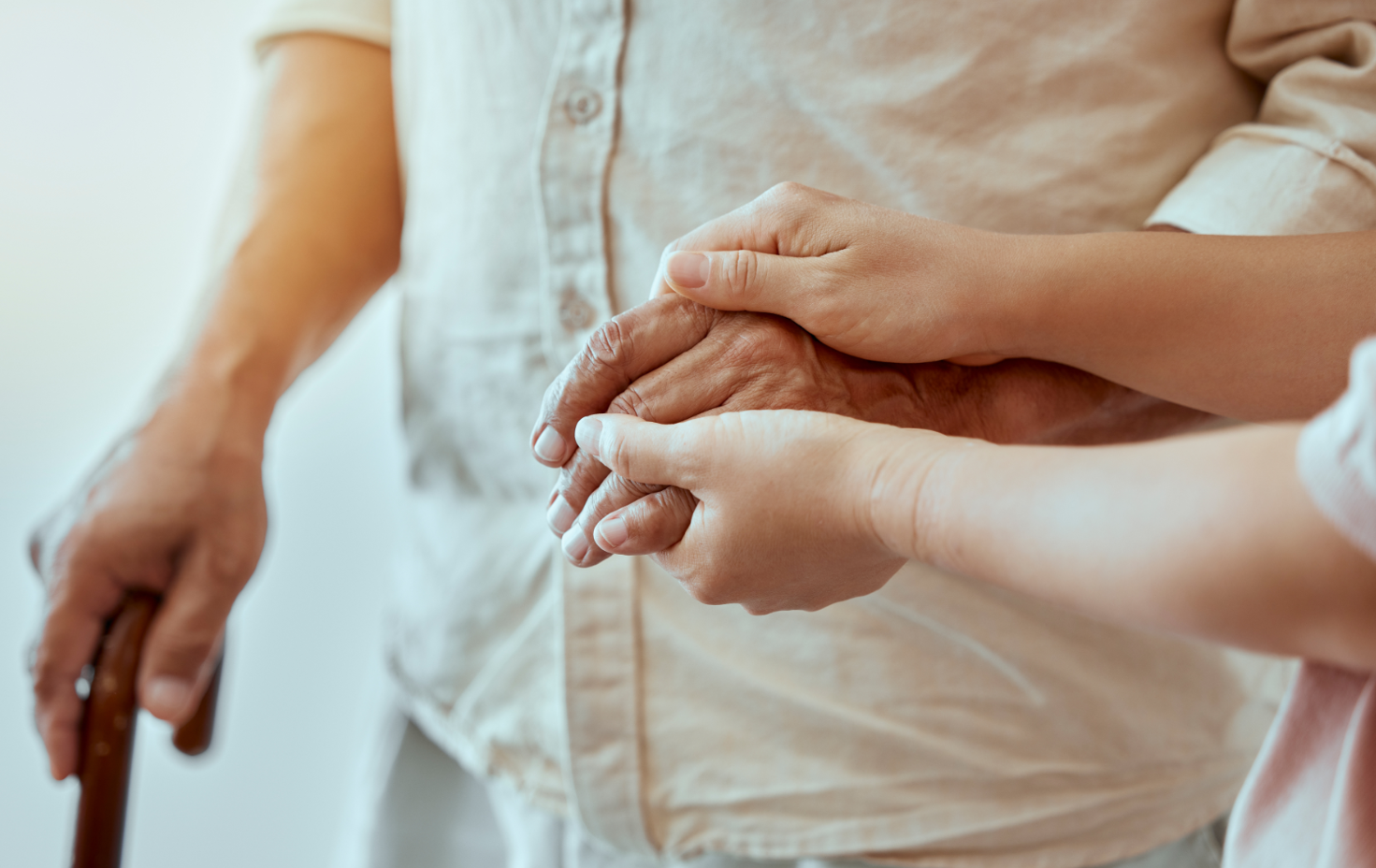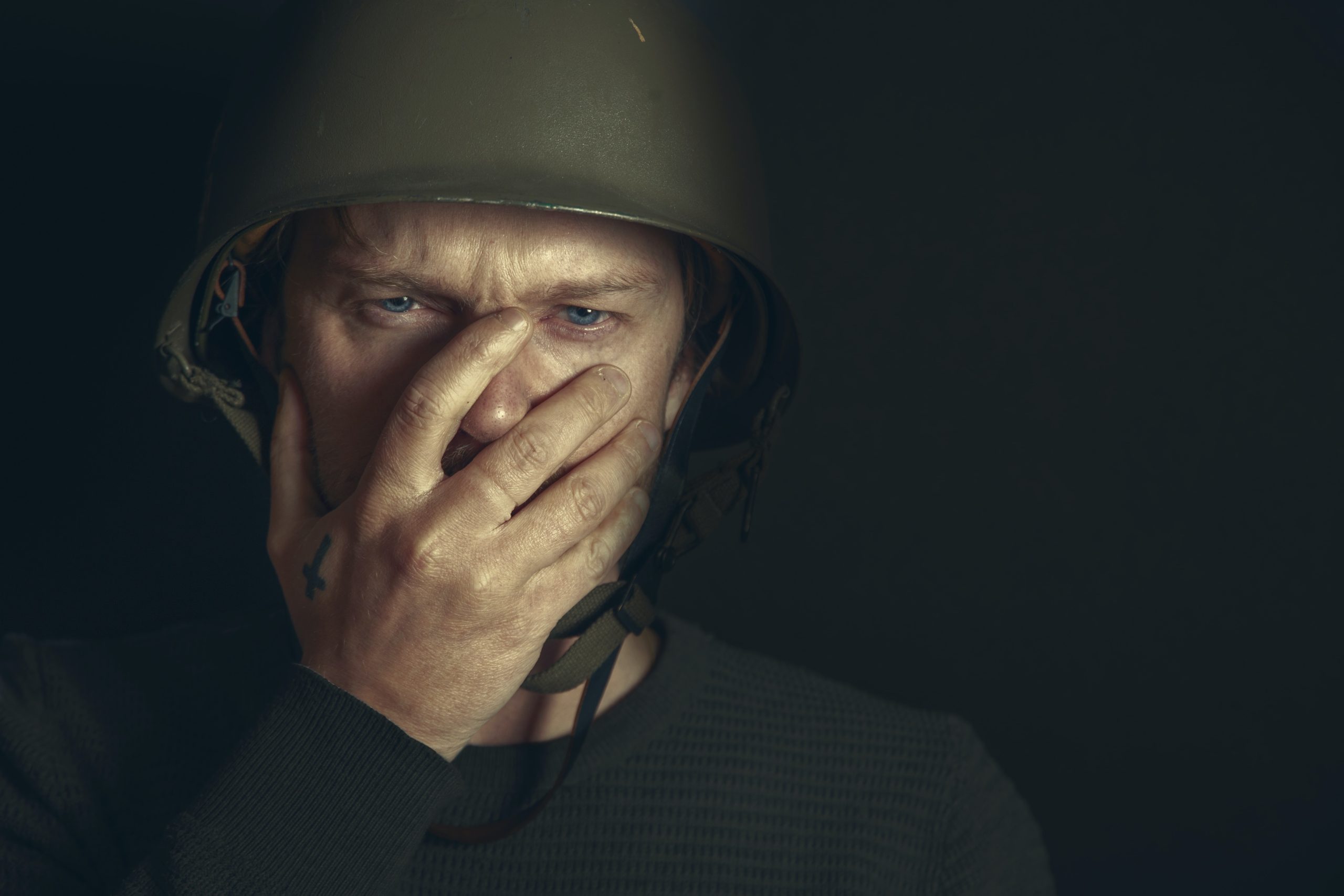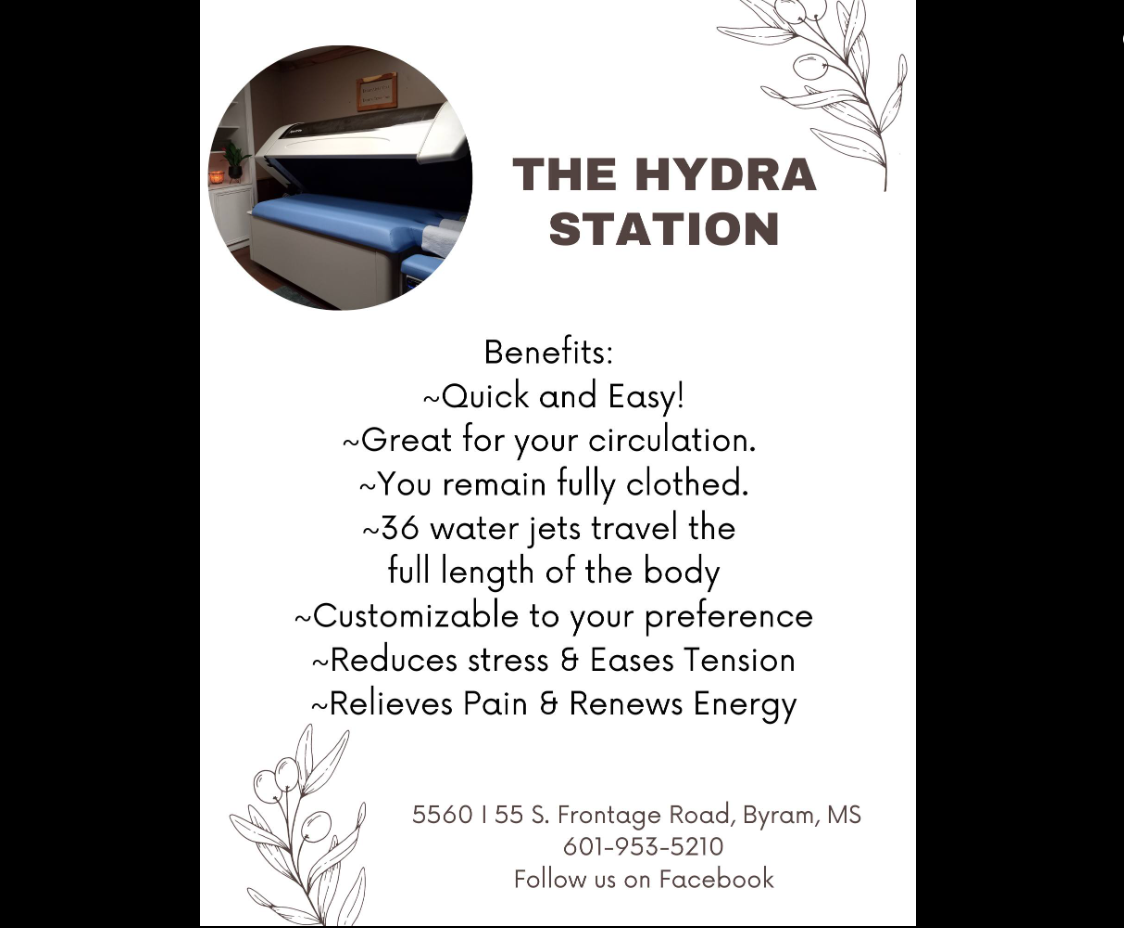By T.C. Rollins
Mississippi is known for many great things. It is home to acclaimed writers, entertainers, and athletes; Southern food and hospitality; and the birthplace of America’s music – the blues, country and rock and roll. However, what makes me most proud of the Magnolia State is how we treat our veterans and men and women in uniform.
Mississippi is home to 165,000 veterans – seven percent of our population. These men and women live from Corinth to the Coast, and it is crucial they find the support they need and deserve when it comes to health care.
As a Mississippian and a Marine, I know something about this. I was badly injured in Iraq, as were friends of mine. We gave voluntarily for love of country. Our fighting men and women deserve care whether in Mississippi or elsewhere.
Getting proper care in Mississippi is made more complicated by our high poverty rate: one in five Mississippians live in poverty. The extraordinarily high poverty rate throughout the state can make living here difficult because poverty often exacerbates health and healthcare issues such as shorter life expectancy, higher infant mortality, and higher death rates.
Furthermore, veterans often receive their health care through the United States Department of Veterans Affairs (VA) but don’t live near a VA hospital. Mississippi veterans often must spend both time and money traveling to a VA hospital or go without care. Neither is ideal.
Technology can help solve this problem for veterans who do not live near a VA hospital so they can more easily be seen and treated by medical professionals. Telehealth technology allows veterans to virtually receive health care and avoid traveling long distances or going without care. Telehealth is possible through private sector technology companies partnering with the VA to provide this technology throughout the state. I have used the VA’s current telehealth system and it was fantastic for me.
These private-public partnerships like Philips’ ATLAS program, which stands for Accessing Telehealth through Local Area Stations, position this technology at centrally located stations throughout the state. The VA is partnering with the VFW and American Legion in a pilot program that places telehealth stations inside local posts. So far, this program is only running in handful of states. These stations bring critical care closer to where veterans live, are wi-fi equipped, and have the technology ready so these veterans can easily speak with their healthcare providers. These stations not only provide traditional medicine, but also mental health and nutrition counseling as well.
We need more of these programs throughout the country and especially here in Mississippi. These private-public partnerships can be life-changing for our veterans. I am thankful Senator Roger Wicker (R-MS) serves on the Senate Armed Services Committee and recognizes the importance of caring for our veterans. He is also a veteran and is always advocating for the interests of his fellow veterans, and I am hopeful he and his fellow senators will expand telehealth programs for our veterans.
As a Mississippi veteran, I hope my fellow vets feel they are cared for in our state and beyond. As a country, we must live up to our commitment to those who have protected our freedom and ensure their needs are met, especially at the most basic level of health care access.
T.C. Rollins is a National Judge Advocate General and previously served as State Commander for the Veterans of Foreign Wars, Mississippi.



















